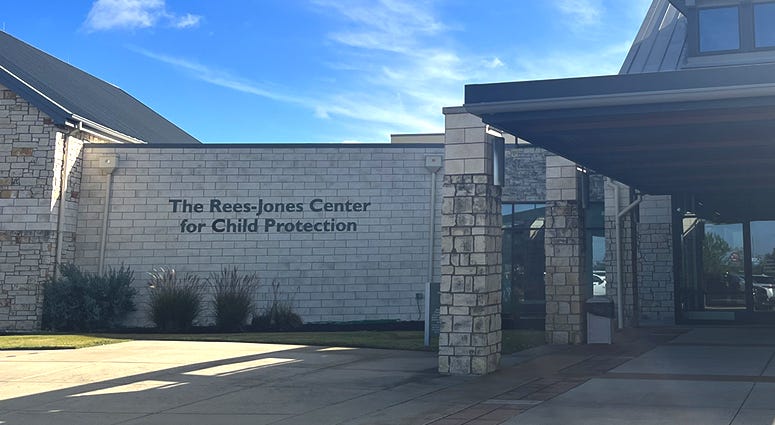
Dozens of police departments from across Texas are meeting in Dallas this week to talk about how they handle cases of child abuse and child homicide. The event was organized by the Dallas Children's Advocacy Center.
Police are meeting with prosecutors and doctors to learn how all three groups can work together to differentiate between cases of child abuse and accidents to better secure convictions.
"We want to make sure if someone harms a child, they are held accountable for that," says DCAC Chief Education and Training Officer Dianna Smoot. "We also want to make sure if it was an accident caregivers are protected."
Smoot says the three-day conference gives all three groups a chance to learn each other's perspectives so that when they do identify abuse, they can present as strong a case as possible.
"They get to leverage the knowledge of all the professionals in the field by coming together," she says. "Sometimes it's better to step outside your jurisdiction and learn from others in the field. It's great because we have people from all over who can bounce ideas off each other. They can talk about cases or particular things they saw, what worked, what didn't when they were talking to different suspects."
Among the speakers is Dr. Robin Foster, the director of the child protection team and a child abuse pediatrician at Children's Hospital of Richmond at Virginia Commonwealth University.
"We want to make sure they have all the tools they need to make sure they move forward and make the right decision," Foster says.
About 1,800 child abuse deaths are reported across the United States each year. Foster says that number is likely higher. She says the conference can help social services, police and prosecutors more accurately recognize the difference between an accidental death and intentional harm.
"Things people don't expect to occur in a child in their family are things like poisonings," she says. "We have small infants who, when they're drug-screened when they come in unresponsive, test positive for fentanyl or cocaine. There are lots of things that go on in the world that, unless someone provides that expertise and training on what happens in abuse and neglect, it's not something you necessarily think about looking for. This gives them the tools to do their job at the very best level."
The conference continues through Wednesday at the Dallas Children's Advocacy Center. Topics include how to preserve and reenact a scene, document evidence, interrogate suspects, identify burns, fractures, bruises, and head trauma, and understand medical evidence.
DCAC's Smoot says a better understanding of how each group does its job can lead to better investigations. The non-profit provides training at no cost to other jurisdictions.
"They can help us say that injury and that story don't match," she says. "Or they can say, actually here's a condition that a child might have that makes them more susceptible to a broken bone."
The Dallas Children's Advocacy Center is a non-profit that works with kids who have been abused. The organization says it serves 13,000 kids and family members who have been physically or sexually abused or witnessed a violent crime.
The organization says its average client is a nine-year-old girl who has been abused by someone she knows. DCAC says 28,000 kids were abused in Dallas County last year, and 73% will not tell anyone. More information is available at dcac.org .
LISTEN on the Audacy App
Tell your Smart Speaker to "PLAY 1080 KRLD"
Sign Up to receive our KRLD Insider Newsletter for more news
Follow us on Facebook | Twitter | Instagram | YouTube
